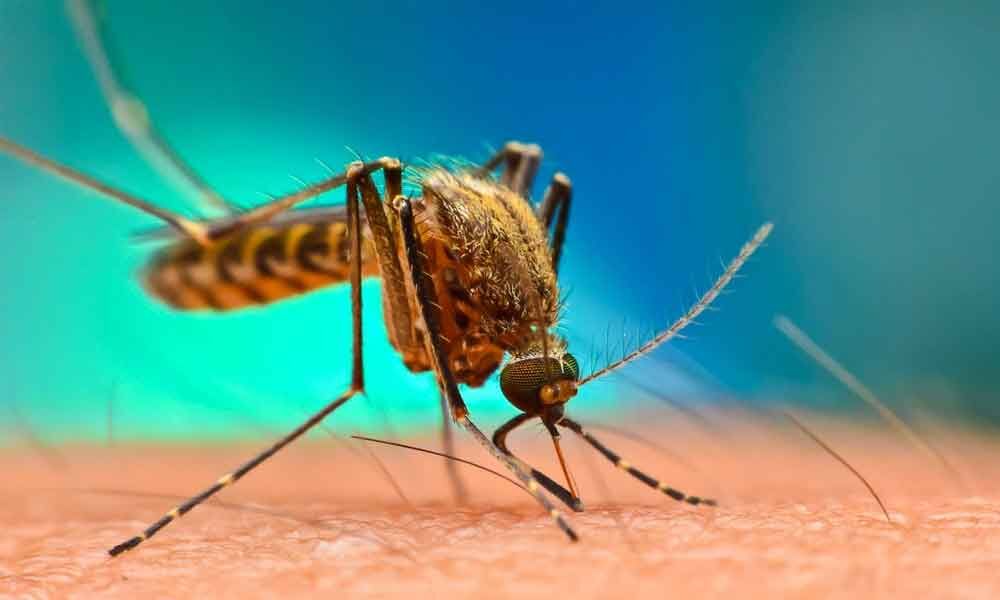Malaria is a devastating disease that has plagued humanity for centuries. It is caused by the transmission of the Plasmodium parasite through the bite of infected mosquitoes. Malaria remains a major global health concern, particularly in tropical and subtropical regions, affecting millions of people and causing significant morbidity and mortality each year. In this blog post, we will explore the impact of malaria, its challenges, and the strategies employed to combat and eradicate this deadly disease.
The Global Impact of Malaria
Malaria has a profound impact on individuals, communities, and entire countries. It affects the most vulnerable populations, particularly young children and pregnant women. Here are some key aspects of the disease’s impact:
- Health Burden: Malaria causes a significant burden on healthcare systems, leading to increased hospitalizations, outpatient visits, and economic losses. The disease can cause severe anemia, organ failure, and cerebral malaria, leading to death if left untreated.
- Economic Consequences: Malaria-affected regions often experience decreased productivity and economic growth due to the disease’s impact on individuals’ health and the healthcare system’s strain. The costs associated with treatment, prevention, and control further exacerbate the economic burden.
- Social Implications: Malaria disproportionately affects the poorest communities, perpetuating a cycle of poverty. It disrupts education, as children frequently miss school due to illness. The disease also puts a strain on families and communities, impacting their overall well-being and quality of life.
Eradication Strategies
Efforts to combat and eliminate malaria have been ongoing for decades. Here are some key strategies employed in the fight against this disease:
- Vector Control: Since malaria is primarily transmitted through mosquito vectors, controlling mosquito populations is crucial. Insecticide-treated bed nets and indoor residual spraying are effective methods to reduce mosquito bites and interrupt transmission.
- Antimalarial Medications: Effective antimalarial drugs are available for both treatment and prevention. Artemisinin-based combination therapies (ACTs) are the recommended treatment for uncomplicated malaria, while intermittent preventive treatment is provided to vulnerable groups such as pregnant women.
- Early Diagnosis and Prompt Treatment: Rapid diagnostic tests (RDTs) enable quick and accurate diagnosis in remote areas without access to laboratory facilities. Early detection and timely treatment help prevent disease progression, severe complications, and further transmission.
- Research and Innovation: Ongoing research aims to develop new tools and strategies to combat malaria. This includes the development of new antimalarial drugs, insecticides, and vaccines, as well as exploring novel approaches such as gene editing techniques to modify mosquito populations.
- Strengthened Health Systems: Enhancing healthcare infrastructure and capacity in malaria-endemic regions is crucial for effective prevention, diagnosis, and treatment. This involves training healthcare workers, improving laboratory facilities, and ensuring the availability of essential medicines and supplies.
Challenges and Future Outlook
Despite significant progress, challenges remain in the global fight against malaria. Some key challenges include:
- Drug Resistance: The emergence of drug-resistant strains of the Plasmodium parasite poses a significant threat to malaria control efforts. Monitoring and surveillance are essential to detect and respond to drug resistance promptly.
- Insecticide Resistance: Mosquitoes are developing resistance to commonly used insecticides, reducing their effectiveness in controlling vector populations. Innovative approaches and alternative strategies are being explored to overcome this challenge.
- Access to Healthcare: Limited access to healthcare services, particularly in remote and underserved areas, hinders effective malaria prevention, diagnosis, and treatment. Efforts to improve healthcare infrastructure and strengthen health systems are crucial for reaching vulnerable populations.
Conclusion
Malaria continues to be a global health challenge, causing immense suffering and socioeconomic burden. However, through concerted efforts, significant progress has been made in reducing the malaria burden in many parts of the world. Continued investment in research, innovation, and strengthening healthcare systems, along with sustained international collaboration, is essential to achieve the ambitious goal of malaria eradication. By implementing comprehensive strategies, empowering communities, and addressing the underlying social determinants, we can strive towards a malaria-free future and improve the health and well-being of millions around the globe.




